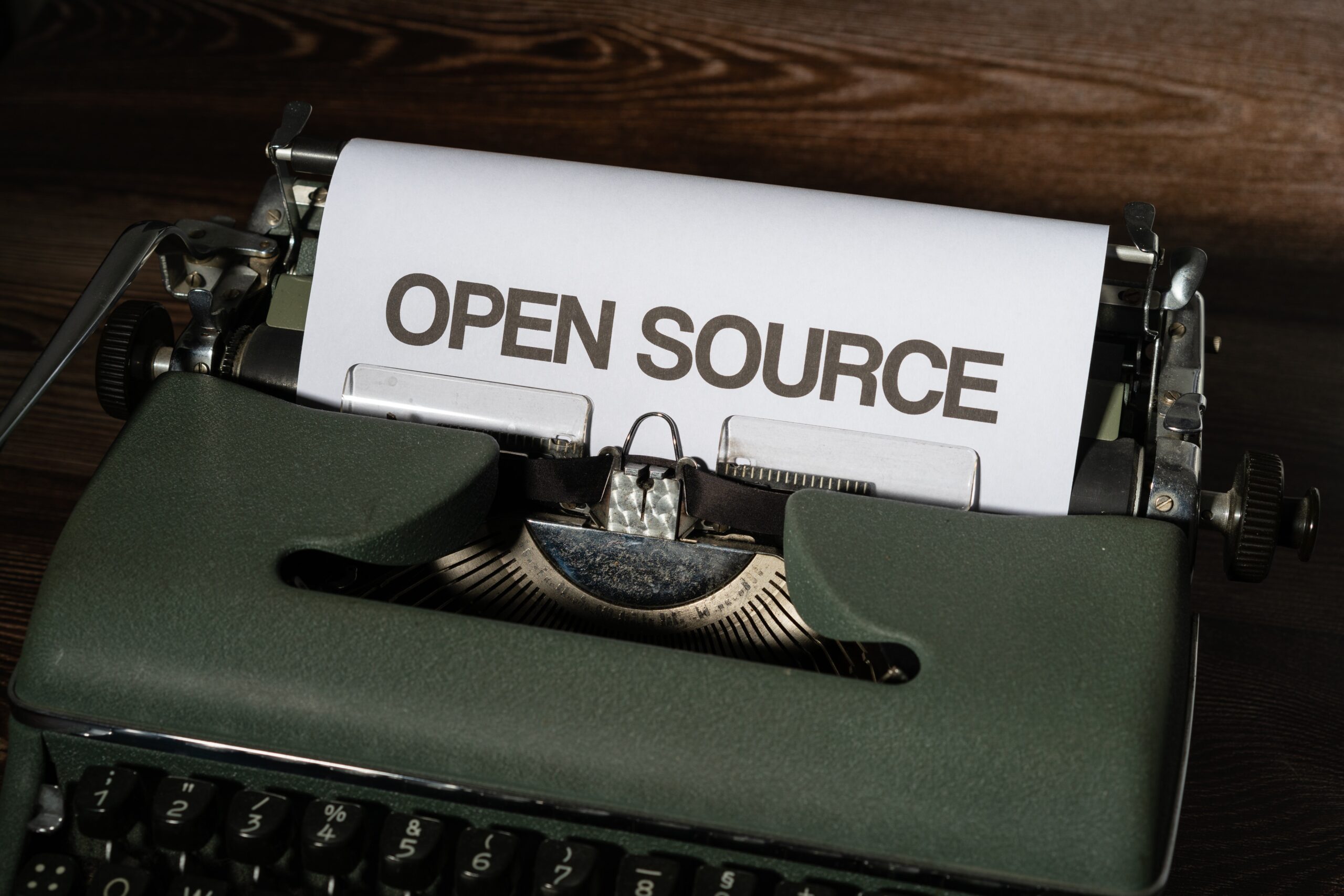With the FOSS (Free and Open Source Software) movement, many systems, projects, and codes have been made public so that every coder can contribute to developing a particular project. Mozilla is one such project that is free and open-source software. But is OpenAI open-source?
Time to find that out!

OpenAI, the company behind tools like ChatGPT and GitHub Copilot, raises questions about its openness. While it produces AI, it doesn’t adhere to the open-source model. This article explores whether OpenAI truly aligns with the “open” concept and delves into the ambiguity surrounding the term.
Is OpenAI Open Source?
OpenAI has not released any of its technology as open-source software. The code powering tools like ChatGPT remain closed, accessible only to OpenAI’s developers. Moreover, many of OpenAI’s products come with a price tag, further distancing them from open-source principles. Even if some tools are free, it doesn’t make them open-source.
OpenAI’s overall culture, business model, and engagement with the ecosystem do not align with openness. Most of its technology is developed behind closed doors, with limited public input. This distinguishes OpenAI from truly open projects like OpenTelemetry or the Open Container Initiative, which foster vendor-agnostic, community-driven advancements.
While OpenAI collaborates with businesses, particularly Microsoft, these partnerships are primarily profit-oriented. In essence, there’s nothing about OpenAI that qualifies as open in the true sense of the term.
The Problem with Defining ‘Open’
It’s crucial to consider that OpenAI started as a non-profit, aiming to make its products freely accessible. However, the term “open” is inherently vague and can have various interpretations.
Historically, “open” was associated with initiatives like X/Open, which focused on standardizing software platforms. Later, “open source software” emerged, emphasizing publicly available source code for study and reuse, distinct from vendor-neutral technology standards.
Today, organizations like Docker use the label “open” without clarifying what it entails, further adding to the term’s ambiguity.
The meaning of “open” can vary widely, and being open doesn’t necessarily equate to producing open-source software. The technology industry should consider clarifying the term’s definition.
From OpenAI to “Not-So-Open AI”
Initially, OpenAI emerged as a non-profit research institution with a mission to advance digital intelligence for the betterment of humanity. Its founding members, such as Sam Altman, Elon Musk, and Peter Thiel, emphasized the importance of positive human impact and transparency. Researchers were encouraged to openly share their discoveries, code, and patents with the global community.
However, if we fast-forward to the present day, OpenAI has undergone a significant shift towards a profit-driven approach. Critics, including co-founder Musk, contend that the company now prioritizes speed and financial gain over its original goal of fostering a positive human impact.
Here is a tweet from Elon Musk where he shared his thoughts on this matter:
OpenAI was created as an open source (which is why I named it “Open” AI), non-profit company to serve as a counterweight to Google, but now it has become a closed source, maximum-profit company effectively controlled by Microsoft.
— Elon Musk (@elonmusk) February 17, 2023
Not what I intended at all.
Should OpenAI Call Itself ‘Open’?
While OpenAI’s name might be misleading, it’s not unique in leveraging the term’s ambiguity. Instead of critiquing OpenAI’s name, the tech industry should work on defining what “open” truly means in various contexts.
“Calling proprietary software “Open” is like calling Regular Coke “Diet” – It’s just plain misleading.” – Rex5k from Reddit
How Does Open Source Play A Significant Role?
Open-source software is computer software made available under a license that allows users to use, examine, modify, and share the software and its source code with anyone. Open-source software may be created collaboratively and publicly.
Let us discuss how open source can help:
- Open source makes technology agility possible, often providing several solutions to a given issue.
- Open source prevents an IT business from being hindered because a vendor doesn’t offer a specific capability.
- You get a mix of all talented coders and engineers.
- Open source technologies are generally far more secure, since more people can solve a problem.
- There is a lot of flexibility and transparency.
Conclusion
OpenAI, despite its name, does not conform to open-source principles. Its closed-source approach and profit-oriented engagements differ from the traditional notion of “open.”. Earlier, the organization’s goal was to make it open source completely. This change happened after Microsoft’s partnership with the non-profit organization.
Are you fascinated by OpenAI? We have more in store for you: Is OpenAI Safe? Concerns That Bother Us.
